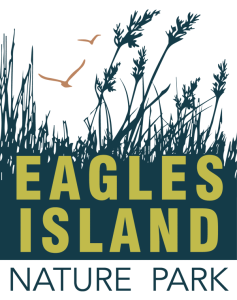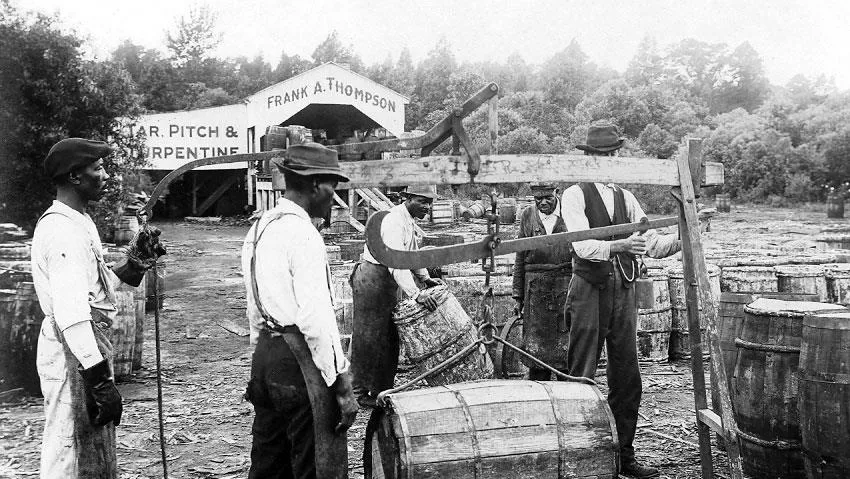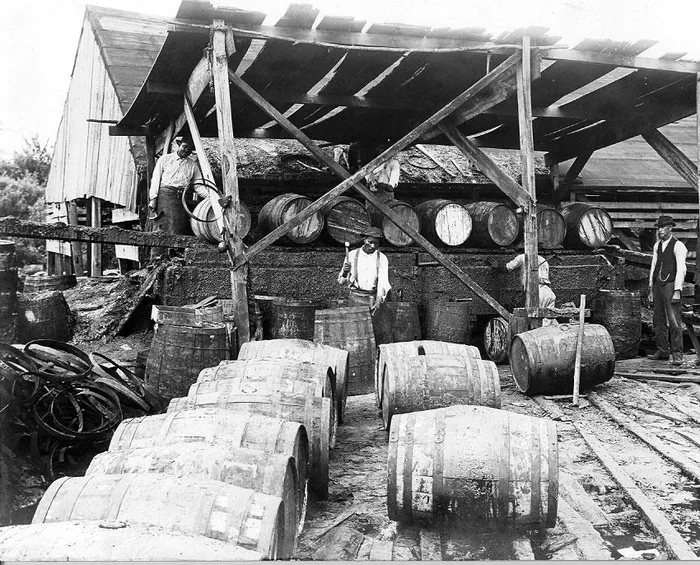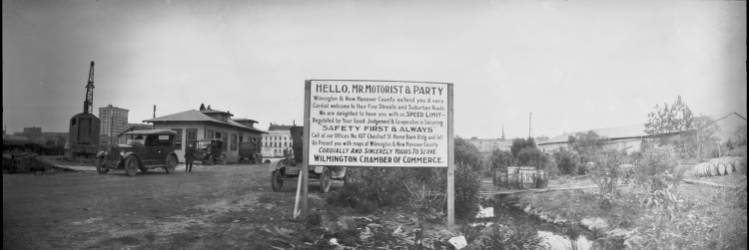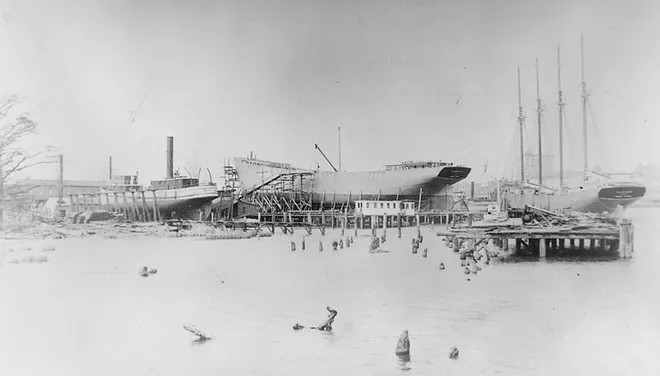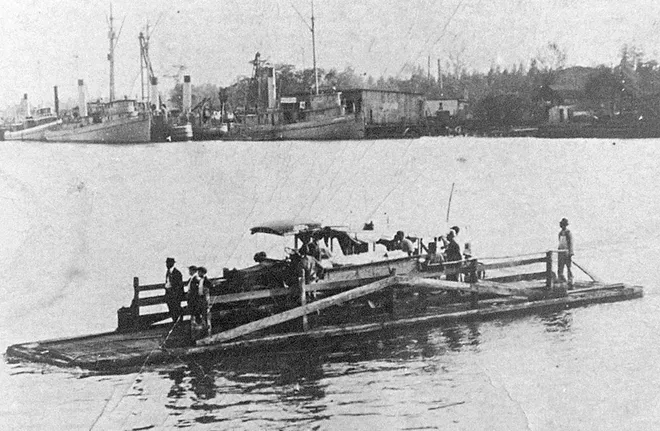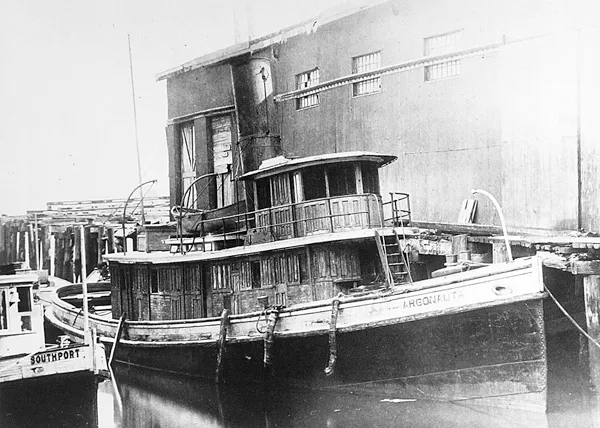What can we do for you?
Lorem ipsum dolor sit amet, consectetur adipiscing elit. Morbi sollicitudin ante nisl, non feugiat null fermentum lobortis. Aenean placerat ipsum ut velit elementum, in sodales tellus viverra. Phasellus vestibulum, ex non lobortis faucibus, odio nibh luctus massa, id volutpat risus nibh ac felis.
What can we do for you?
Lorem ipsum dolor sit amet, consectetur adipiscing elit. Morbi sollicitudin ante nisl, non feugiat null fermentum lobortis. Aenean placerat ipsum ut velit elementum, in sodales tellus viverra. Phasellus vestibulum, ex non lobortis faucibus, odio nibh luctus massa, id volutpat risus nibh ac felis.
Eagles Island Has a Rich Natural and Cultural History
Located between the Brunswick and Cape Fear Rivers, Eagles Island has a rich natural and cultural history, and has played an integral role in the ecological significance, commercial development, and industrial activities of the Lower Cape Fear Region. The approximately 3,110 acre island is located roughly 22 miles upriver from the mouth of the Cape Fear. On the eastern side of the island, downtown Wilmington lies just across the Cape Fear River. On the western side, Belville, Leland, and Navassa are located just across the Brunswick River. Over the years, Eagles Island has supported surrounding populations through the provision of natural resources (hunting, fishing, and timbering) and has seen agricultural (rice) and industrial (naval stores and shipping) uses. Currently, almost 1,500 acres in the southern area of the island are managed by the US Army Corps of Engineers as a disposal site for dredge spoils, and this area is also used as habitat by myriad shorebirds. To the north, where portions of the island are in conservation, the tidal freshwater marsh habitat is designated as a Natural Heritage Program Natural Area, and remnants of hand dug ditches and canals reveal the island’s history as a significant agricultural site for rice cultivation. Sunken and abandoned vessels along the eastern shore of the island tell the story of Wilmington’s economic growth and industrial past.
While the environmental conditions, artifacts, and historical records speak to the critical role Eagles Island historically played in the ecological and cultural development of the Lower Cape Fear Region, they also highlight the resources and opportunities for Eagles Island to provide ongoing public benefits for local populations and the region as a whole.
